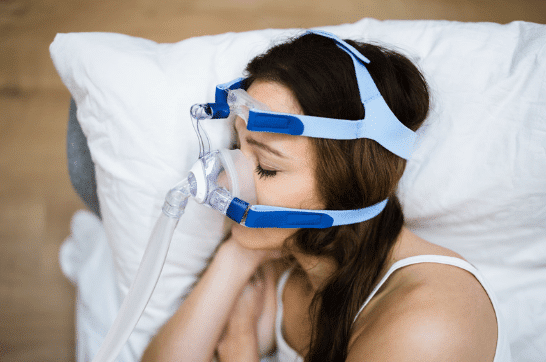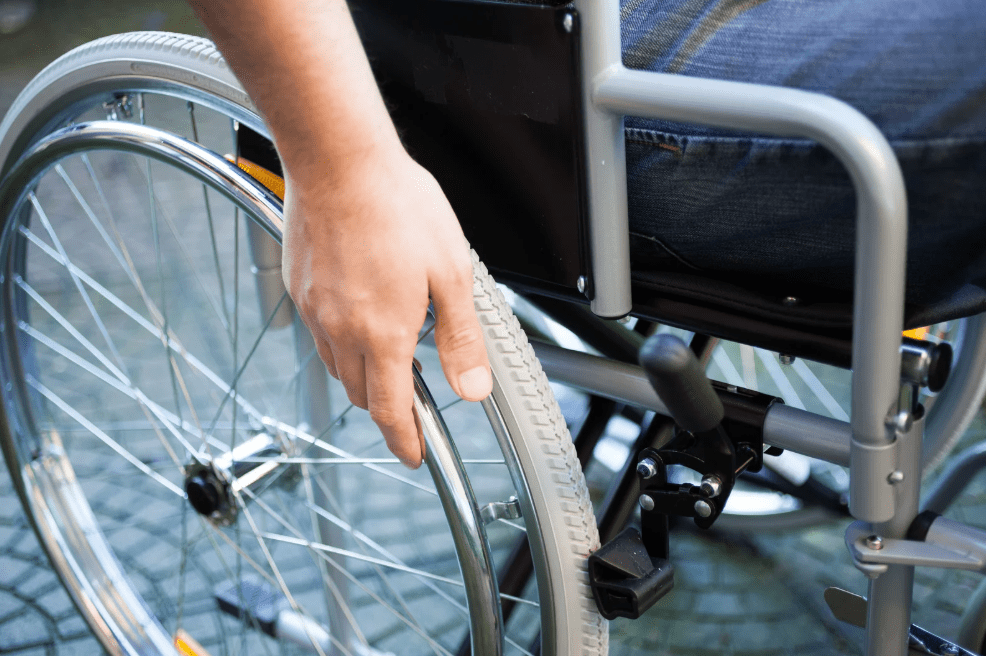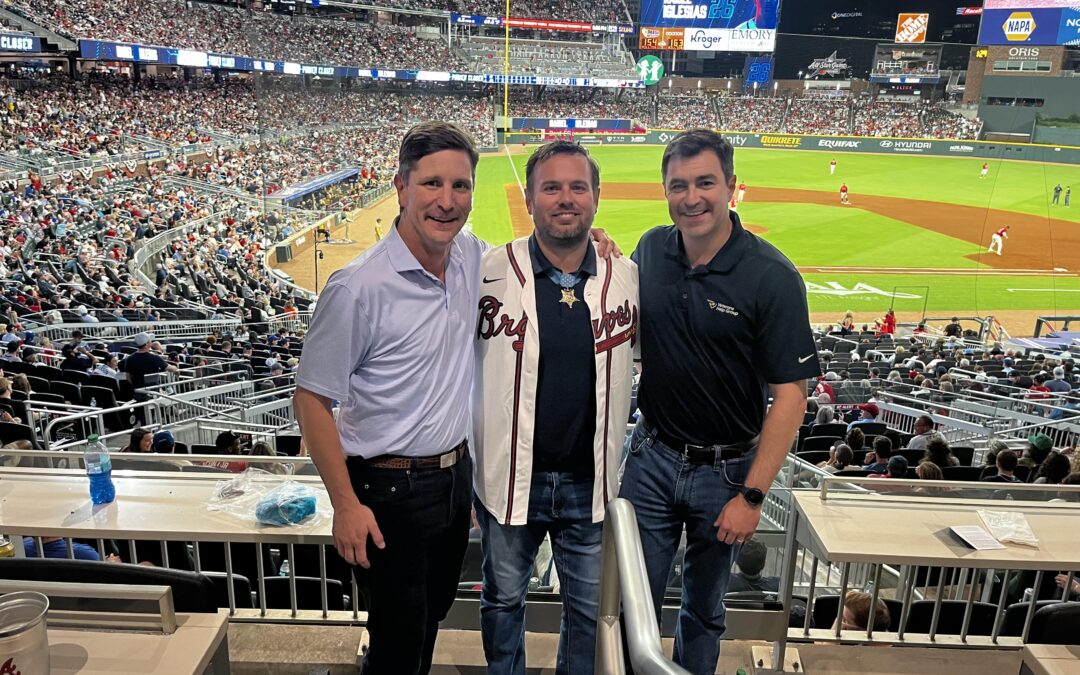
Table Of Contents
Types of Sleep Apnea that Qualify for VA Disability
– Donnel Beckles, Managing VA Advocate, Veterans Help Group
Donnel Beckles is accredited to practice VA law by the Department of Veterans Affairs and is one of the nation’s leading Veterans Advocates. He is a proud member of the National Organization for Veterans Advocates (NOVA). Every day, Donnell puts his extensive knowledge and experience in the area of veterans disability benefits to work for people who are seeking benefits or have been denied benefits.
Today, he’s sharing some of that knowledge to help veterans who may be suffering from sleep apnea.
This condition is common and one that affects hundreds of thousands of veterans. The VA reports that in 2022, more than half a million U.S. veterans were receiving benefits in connection with this condition. Though many people think of sleep apnea as a single condition, there are actually different types. The VA recognizes three types: obstructive sleep apnea, central sleep apnea, and mixed sleep apnea.
The 3 Types of Sleep Apnea that May Qualify You for VA Disability Benefits
OBSTRUCTIVE:
Obstructive sleep apnea involves the partial or complete collapse of the upper airway during sleep. This may result in decreased oxygen saturation or interrupted sleep. While this obstruction occurs during sleep, the symptoms and effects of this condition can also have a significant impact on daytime life. Some common effects include excessive daytime sleepiness, cardiovascular issues, and mental health problems.
Obstructive sleep apnea has a wide variety of possible causes and aggravating factors. These include obesity, drug and alcohol use, narrowed airway, smoking, and other exposures causing inflammation of the airway, nasal congestion, and certain medical conditions.
CENTRAL:
Central sleep apnea is less common than the above. With central apnea, the problem isn’t in the airway. Instead, the brain fails to send signals to the muscles to breathe. This may disrupt sleep, or result in waking up short of breath.
People are at greater risk for central apnea if they take narcotic pain relievers, or have had a stroke or congestive heart failure. Older people and men are at greater risk for this condition.
MIXED:
Mixed sleep apnea is a sort of tag-team event between the two types of apnea described above. It begins with a central event (failure to send the message to breathe to the muscles) and is followed by an obstructive event (full or partial collapse of the airway).
VA Disability Benefits for Sleep Apnea
The VA recognizes all three types of apnea, and a veteran suffering from apnea who can demonstrate that the condition is service-connected may be entitled to veterans disability benefits. Depending on the severity of the condition, a veteran with sleep apnea may receive a VA disability rating of 0, 30, 50, or 100.
To learn more about how Veterans Help Group can help you secure the benefits you deserve, call 855-855-8992 or click here.
Since 2011, Donnel Beckles has been a leading voice for the disabled veteran community in seeking compensation from the Department of Veterans Affairs. Mr. Beckles has led one of the nation’s most successful VA disability advocacy organizations (Veterans Help Group) since 2016 and has prosecuted thousands of VA Disability claims and appeals resulting in tens of millions of dollars of compensation awards. Learn more about Donnel here.

How Long Does It Take for My VA Disability Rating to Become Permanent?
How Long Does It Take for My VA Disability Rating to Become Permanent? Securing your VA disability...

Celebrating 250 Years of the U.S. Army
Celebrating 250 Years of the U.S. Army If it feels like the U.S. Army has always been there,...

THE DIFFERENCE BETWEEN 100% FOR UNEMPLOYABILITY AND 100% DISABILITY RATING
THE DIFFERENCE BETWEEN 100% FOR UNEMPLOYABILITY AND 100% DISABILITY RATING In general, neither the...





